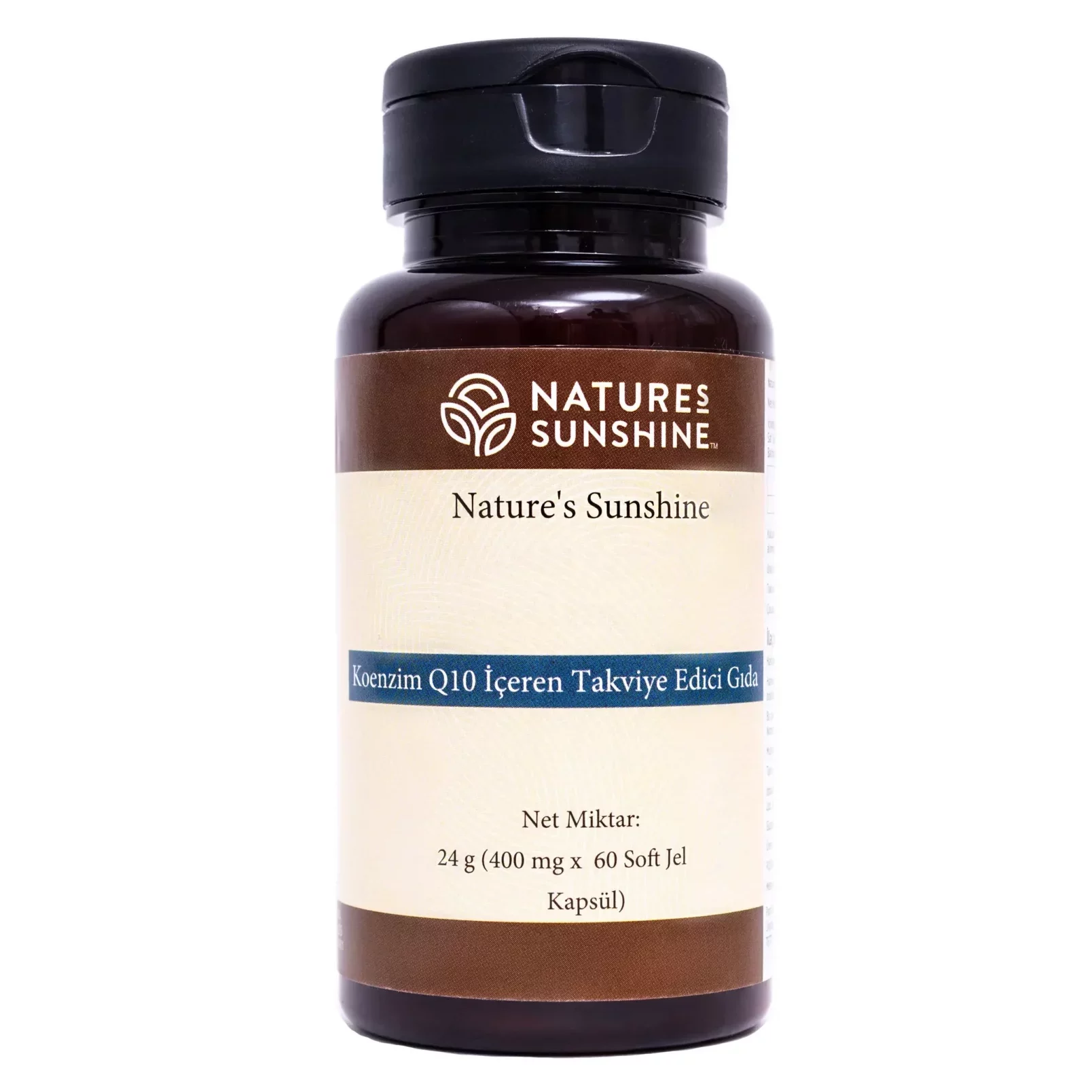No products in the cart.
Dietary supplements
Coenzyme Q10
Co Q10
PV: 29.74
Availability:
Out of stock
- Contains Coenzyme Q10.
- Dietary Supplement.
P. fiyatı / Price / Цена: ₺2.799,0
Partner fiyatı / Partner Price / Партнерская цена: ₺1.818,0
Out of stock
























